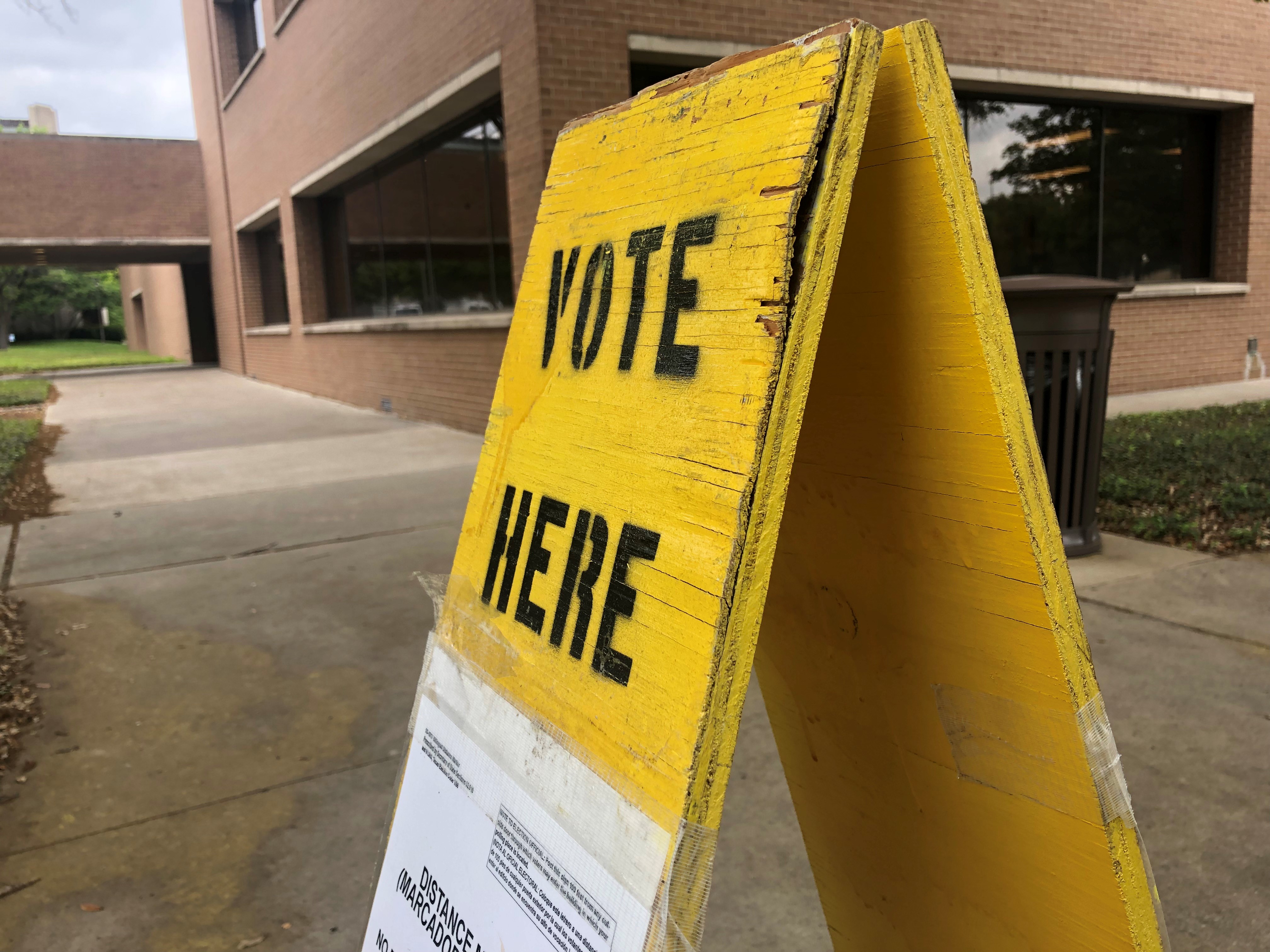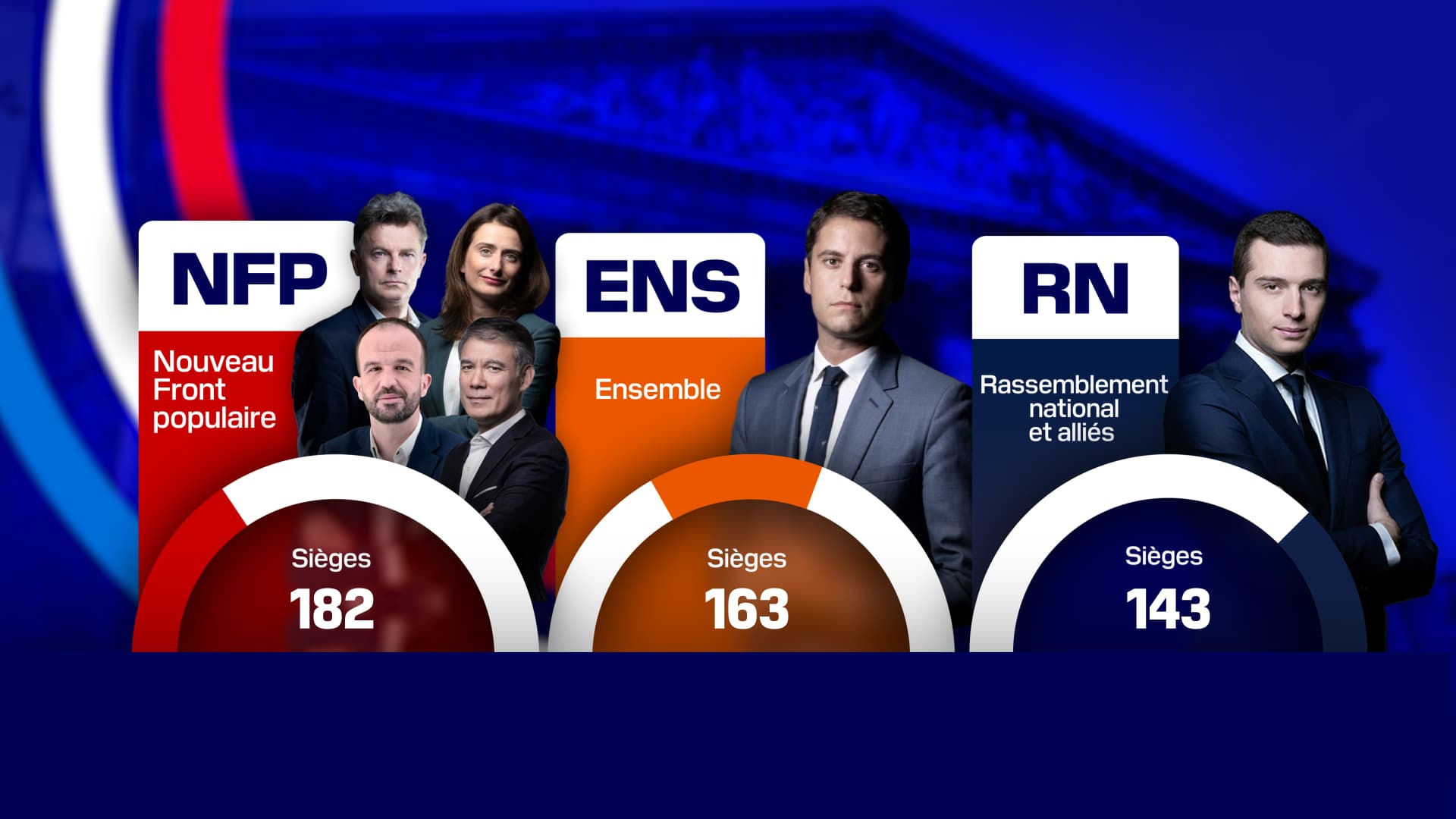Poland's Runoff Election: Key Indicator For The Rise Of MAGA-Style Politics In Europe

Table of Contents
Poland's political landscape is currently dominated by a complex interplay of established parties and emerging populist movements. This runoff election pitted [Candidate A's name and party affiliation] against [Candidate B's name and party affiliation], each representing distinct ideological positions and garnering support from different segments of the population. The election's results will offer valuable insight into the growing influence of nationalist and populist ideologies within the EU.
The Rise of the Law and Justice Party (PiS) and its Populist Appeal
The Law and Justice Party (PiS), a right-wing populist party, has significantly shaped Poland's political trajectory in recent years. Its success is rooted in a potent combination of policies and rhetoric that resonates with a substantial portion of the Polish electorate. PiS's appeal stems from its focus on:
- Nationalist rhetoric: Emphasis on Polish national identity and a rejection of perceived external interference, particularly from the European Union.
- Social conservatism: Promotion of traditional family values and a staunch opposition to liberal social reforms.
- Anti-establishment sentiment: Targeting established elites and institutions, portraying itself as a champion of the “ordinary Pole.”
Examples of PiS policies resonating with voters include:
- Generous social welfare programs, like the “500+” child benefit program.
- Increased state control over the media and judiciary.
- A strong emphasis on national sovereignty and control over resources.
PiS’s communication strategies leverage:
- Direct engagement with voters through town hall meetings and social media.
- Control of state-owned media to shape public opinion.
- Effective use of emotional appeals and simple, easily digestible messaging.
Comparing PiS's rhetoric to that of MAGA-style politics reveals striking similarities: a focus on national pride, a rejection of globalism, and the use of divisive language to mobilize supporters.
Economic Factors Fueling Populist Sentiment in Poland
Economic anxieties and inequalities play a crucial role in fueling the rise of populism in Poland. While Poland has experienced significant economic growth in recent decades, this growth has not been evenly distributed. A significant portion of the population feels left behind, leading to resentment towards both domestic and international institutions.
- Statistics on economic inequality in Poland: [Insert relevant statistics highlighting income disparity and regional economic discrepancies].
- Examples of EU policies that have generated controversy in Poland: [Discuss specific EU regulations or policies that have faced opposition within Poland, linking this to populist narratives].
- Analysis of the relationship between economic hardship and support for populist parties: [Explore the correlation between economic insecurity and the rise of populist support, including data and relevant studies].
The perceived imposition of EU regulations and the belief that these regulations benefit wealthier nations at the expense of Poland have further fueled anti-establishment sentiment, contributing significantly to the rise of populist movements like PiS.
The Role of Media and Disinformation in Shaping Public Opinion
The media landscape in Poland plays a crucial role in shaping public perceptions of the election and its candidates. The spread of misinformation and propaganda, both through social media and traditional media outlets, has been a significant factor influencing voter choices.
- Examples of disinformation campaigns targeting specific demographics: [Provide concrete examples of disinformation campaigns and their target audiences].
- Analysis of the media landscape in Poland: [Describe the media ownership structure and the degree of media freedom in Poland].
- Discussion of the role of foreign interference in the election: [Analyze the potential influence of foreign actors seeking to sway the election results].
The pervasiveness of disinformation campaigns, combined with a polarized media environment, makes it challenging for voters to access reliable information, increasing the susceptibility to populist narratives.
Potential Implications for the European Union and Beyond
The outcome of the Polish runoff election has significant implications for the European Union and the broader international community. A victory for a right-wing populist candidate could:
- Potential consequences for Poland's relationship with the EU: [Discuss potential scenarios ranging from increased friction and potential violations of EU law to a full-blown confrontation].
- Potential impact on human rights and civil liberties: [Analyze the potential threats to democratic norms, judicial independence, and individual freedoms under a right-wing populist government].
- Examples of other European countries facing similar challenges: [Highlight similar trends and challenges in other EU member states].
The potential for similar right-wing populist movements to gain traction in other European countries is a significant concern, potentially undermining the EU's cohesion and its commitment to democratic values.
Conclusion: Poland's Runoff Election: A Harbinger for the Future of European Politics?
Poland's runoff election serves as a crucial bellwether for the rise of MAGA-style politics across Europe. The interconnectedness of economic anxieties, the strategic use of nationalist rhetoric and disinformation campaigns, and the inherent weaknesses of democratic institutions has facilitated the rise of right-wing populism in Poland. Understanding these dynamics is essential for navigating the complex political landscape of Europe. Follow the impact of Poland's election closely to understand the rise of right-wing populism in Europe and analyze the implications of MAGA-style politics spreading across the EU. Staying informed is crucial to effectively address the challenges posed by this growing trend.

Featured Posts
-
 Unreleased Selena Gomez Song Poised To Become Her Next Top 10 Hit
May 30, 2025
Unreleased Selena Gomez Song Poised To Become Her Next Top 10 Hit
May 30, 2025 -
 Air Jordan Release Roundup May 2025
May 30, 2025
Air Jordan Release Roundup May 2025
May 30, 2025 -
 Epcot International Flower And Garden Festival A Complete Guide
May 30, 2025
Epcot International Flower And Garden Festival A Complete Guide
May 30, 2025 -
 Retraite Le Rn Explore Une Alliance Avec La Gauche Pour Abaisser L Age
May 30, 2025
Retraite Le Rn Explore Une Alliance Avec La Gauche Pour Abaisser L Age
May 30, 2025 -
 Everything We Know Top 10 Questions About Btss Future
May 30, 2025
Everything We Know Top 10 Questions About Btss Future
May 30, 2025
